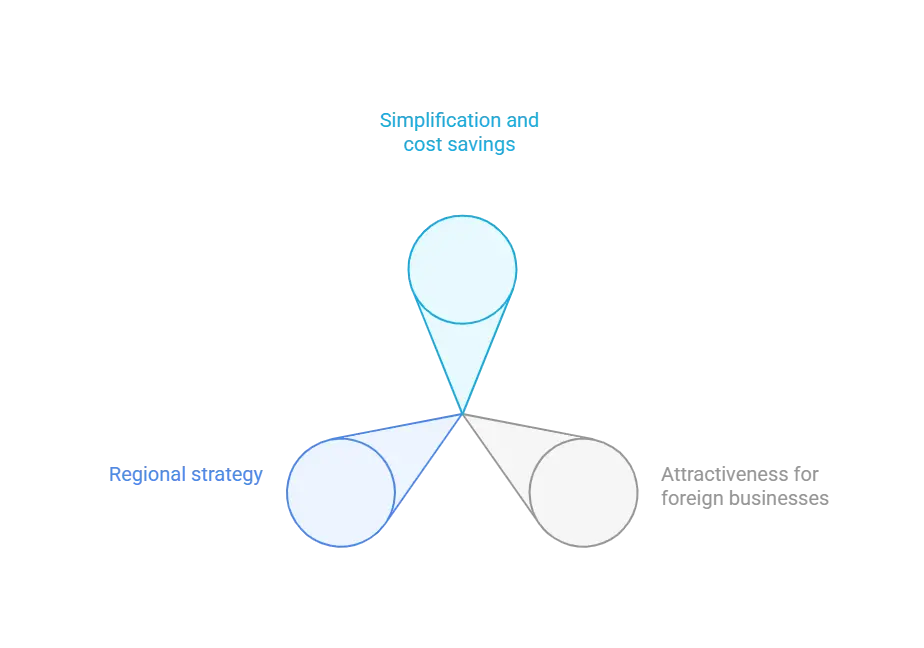Sommaire
Introduction
Since November 7, 2017, Thailand has officially become the 99th member of the Madrid Protocol, marking a major milestone in the expansion of the Madrid System, administered by the World Intellectual Property Organization (WIPO). This accession confirms the growing importance of this international mechanism in the global protection of trademarks.
Background and Thailand’s accession
The Madrid Protocol, in force since April 1996, allows applicants to protect a trademark in several countries through a single international application, filed with a member office and accompanied by a single set of fees. This centralized process is attractive due to its simplicity and efficiency.
Thailand deposited its instrument of accession in August 2017 during an official ceremony attended by government representatives. The accession entered into force on November 7, 2017, enabling, as of that date, trademark holders from Thailand or abroad to file an international application covering Thailand.
Advantages and challenges for applicants
Simplification and cost savings
Thanks to the Madrid System, applicants no longer need to file trademark applications country by country. A single procedure suffices to designate multiple jurisdictions, with one application and centralized fees.
Attractiveness for foreign businesses
Thailand’s accession enhances its appeal for foreign companies, which can now include Thailand in their international trademark portfolios through the Madrid System.
Regional strategy
This accession is part of a broader movement within ASEAN. With Thailand, eight of the ten ASEAN member states have joined the system a significant step toward regional harmonization in trademark protection.
Strategic perspectives in Asia
Thailand’s entry into the Madrid System represents a strategic opportunity for businesses targeting the Asian market and seeking to structure an international trademark protection strategy without multiplying individual national procedures.
Conclusion
Thailand’s accession to the Madrid Protocol, effective November 7, 2017, marks an important step in the expansion of the Madrid System. It provides tangible benefits in terms of simplicity, reduced costs, and broader geographic coverage for international applicants. This development also strengthens regional cohesion within ASEAN at a time when intellectual property protection is becoming a key competitive advantage.
Dreyfus Law firm assists its clients in managing complex intellectual property cases, offering personalized advice and comprehensive operational support for the complete protection of intellectual property.
Dreyfus Law firm is partnered with a global network of lawyers specializing in intellectual property.
Nathalie Dreyfus with the assistance of the entire Dreyfus team.
FAQ
1. Since when has Thailand been a member of the Madrid system?
Since November 7, 2017, following its official accession to the Madrid protocol.
2. What does the Madrid system offer in practice?
It allows applicants to file a trademark in multiple member states through a single international application and pay centralized fees.
3. Why is Thailand’s accession strategic?
It facilitates access to the Thai market through a single procedure and strengthens regional coverage within ASEAN.
4. How many members does the Madrid protocol have?
With Thailand’s accession, the system counted 99 member states as of its entry into force.
5. What perspectives does this accession offer?
It opens new opportunities for companies targeting Asian markets, notably by combining protection in Thailand with neighboring countries such as Cambodia, Vietnam, China, and Brunei.


